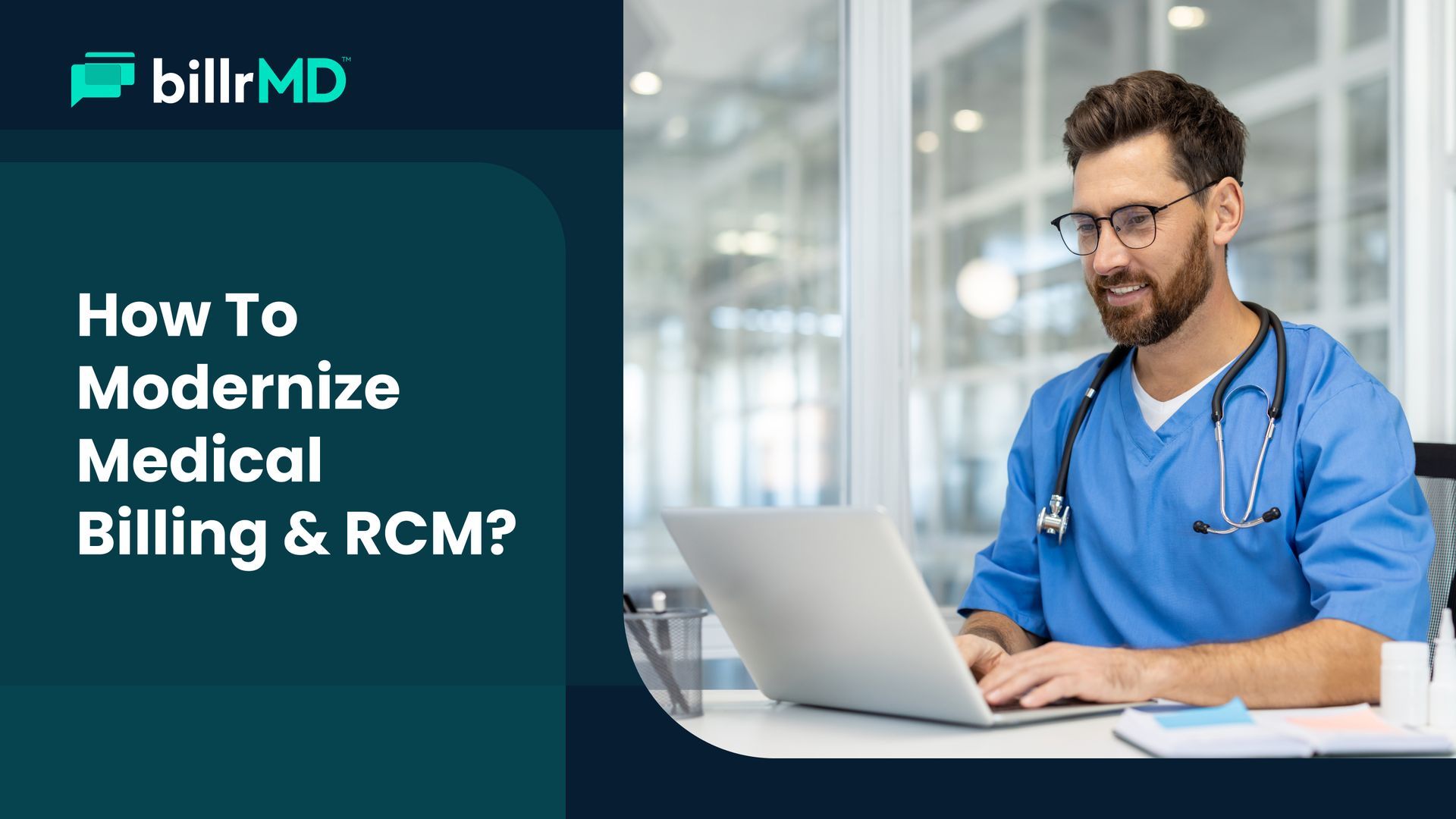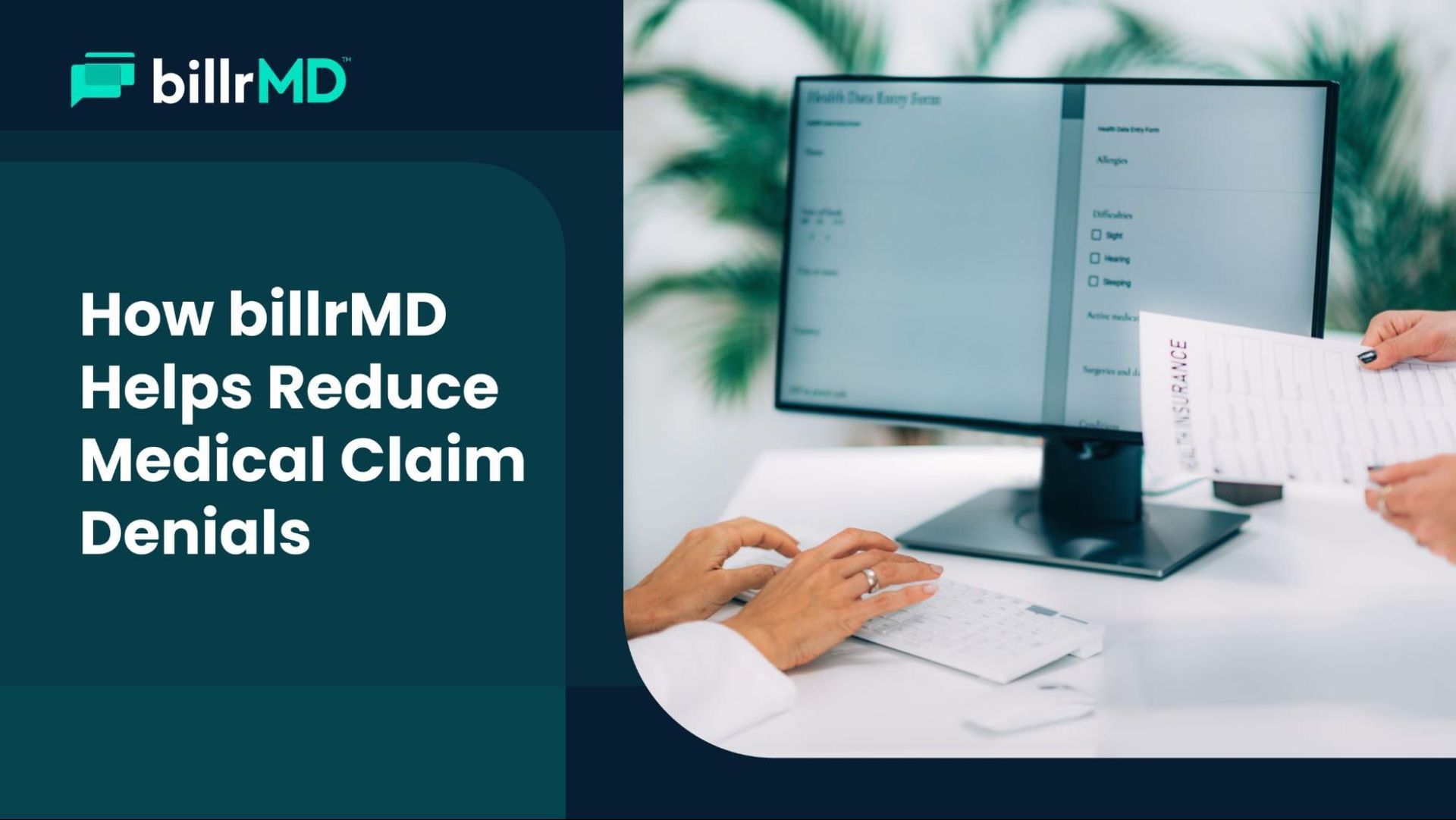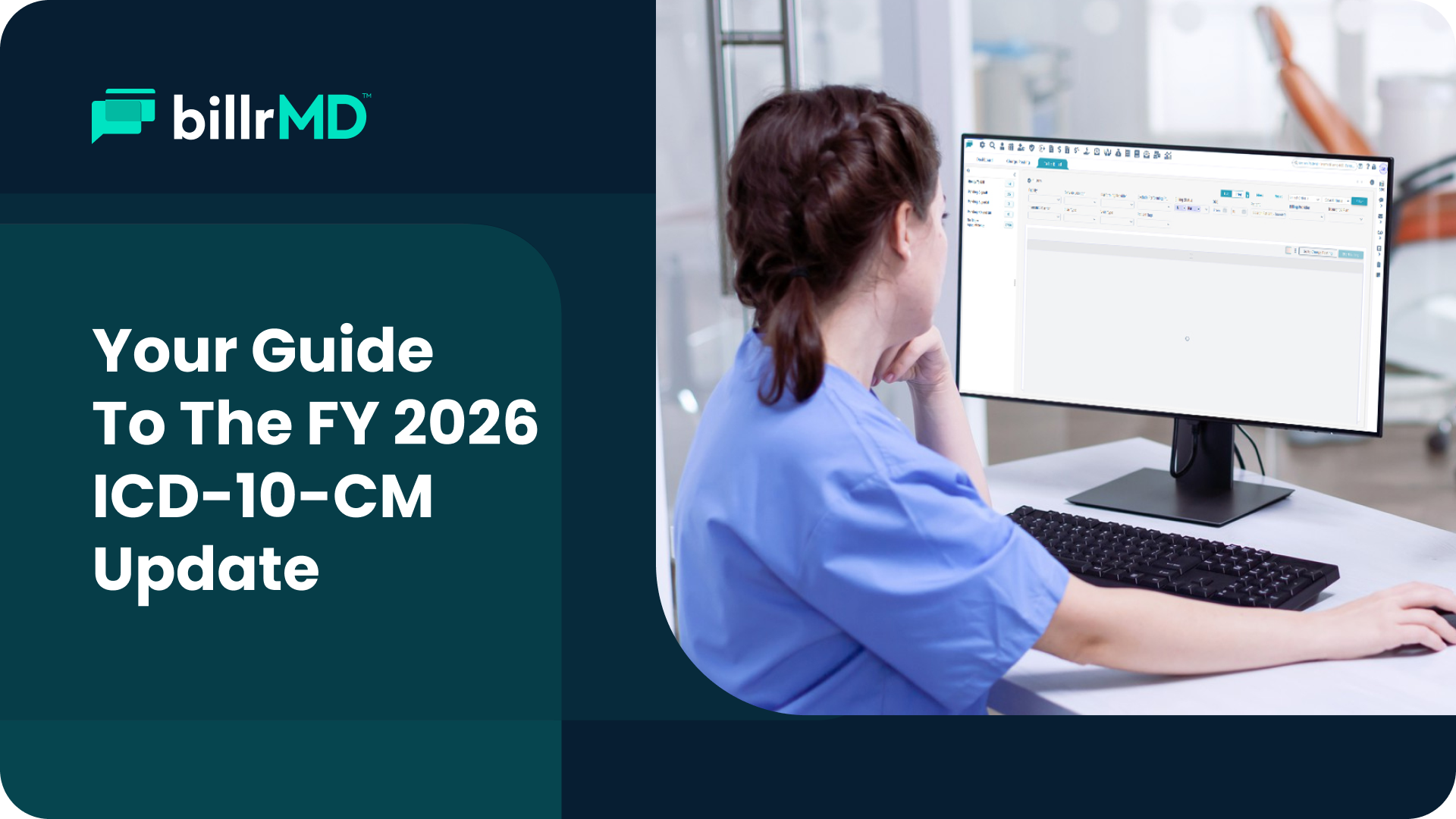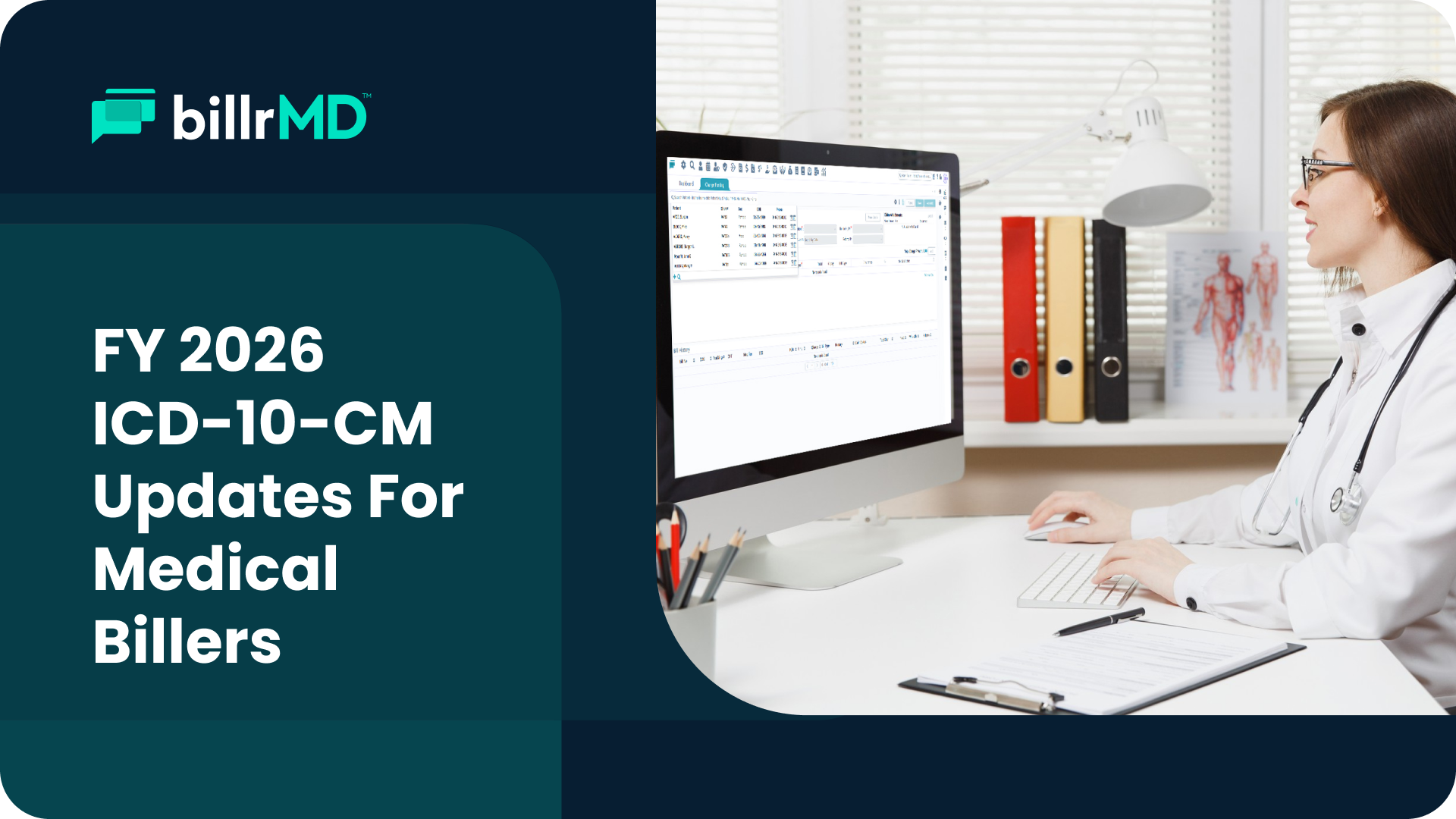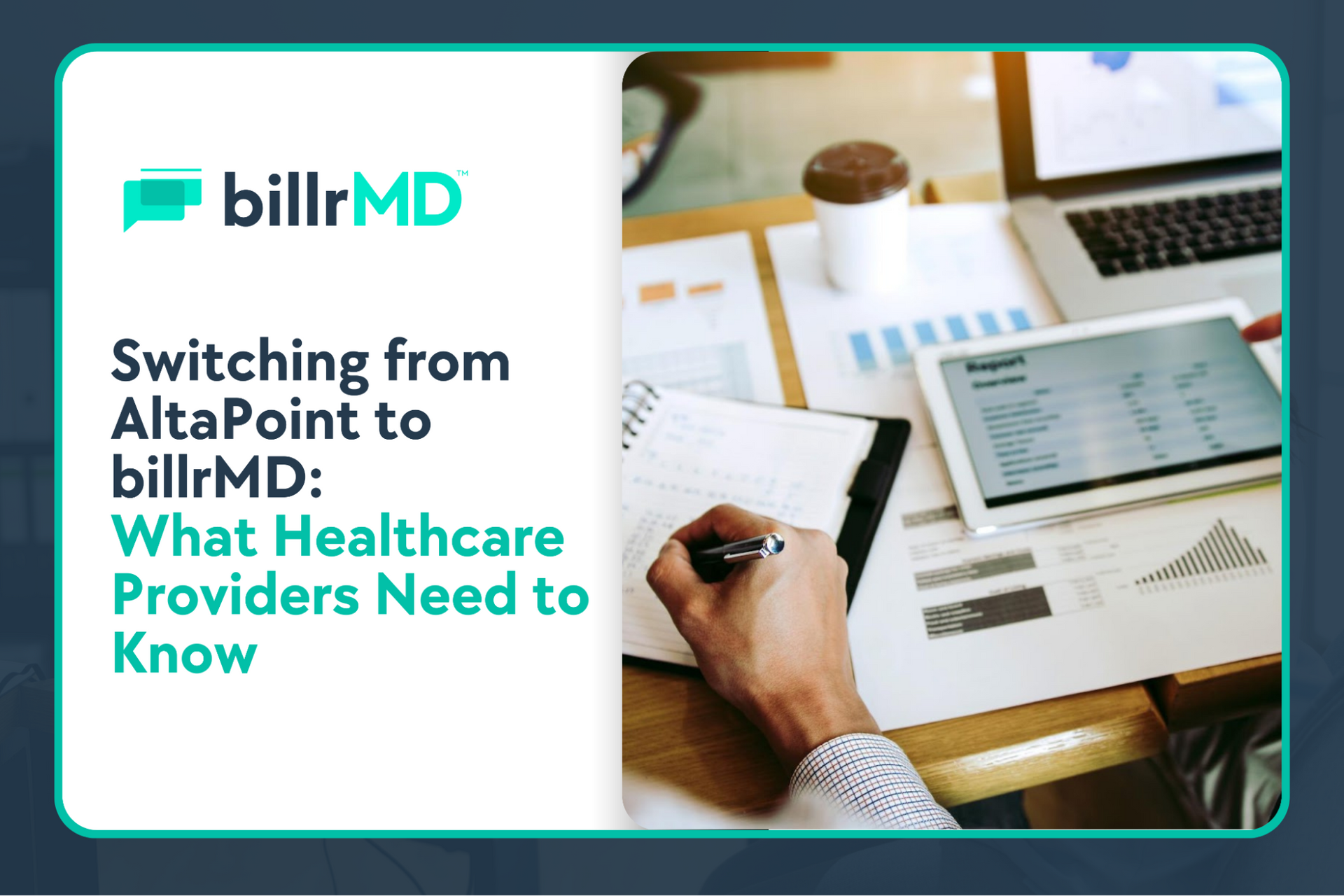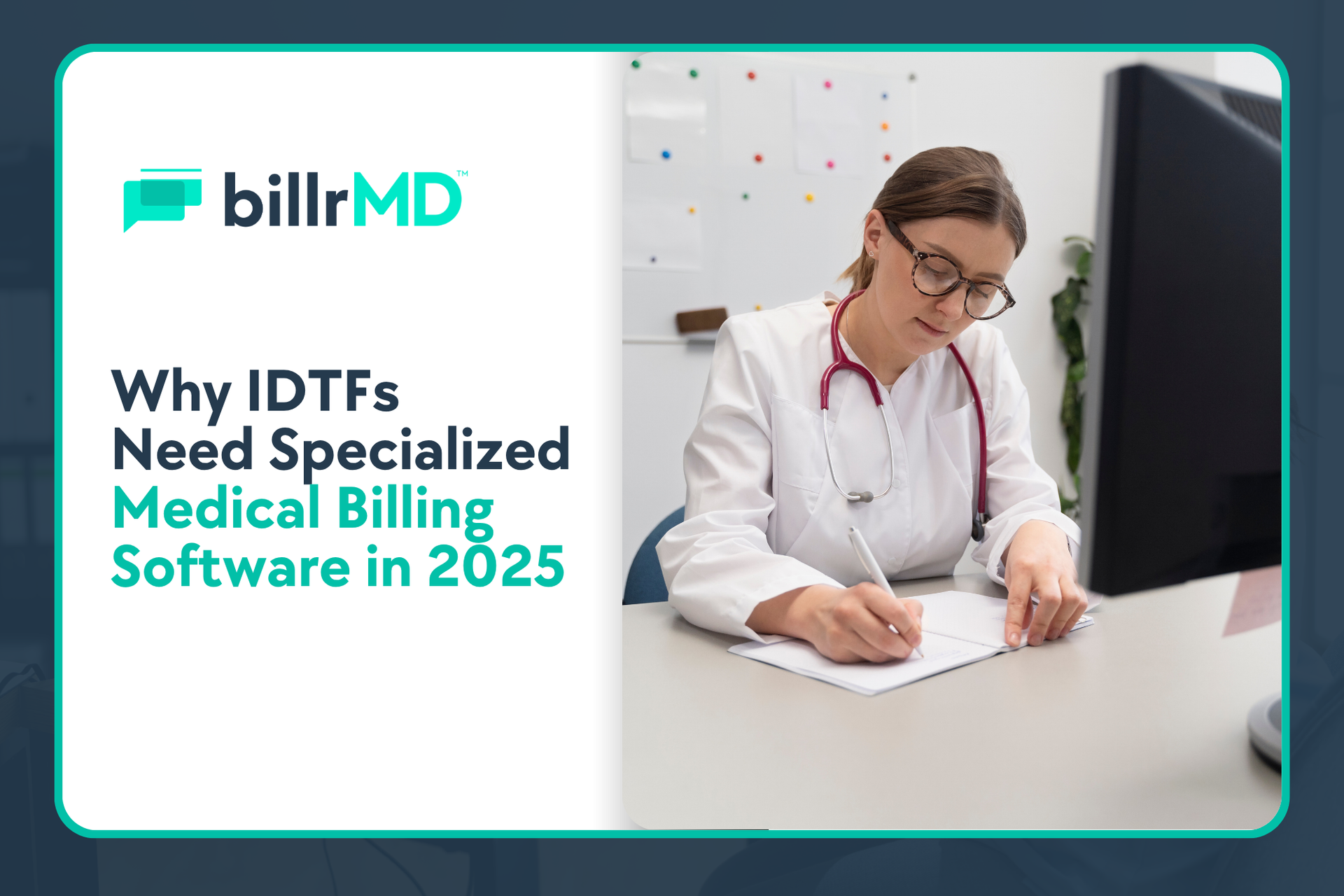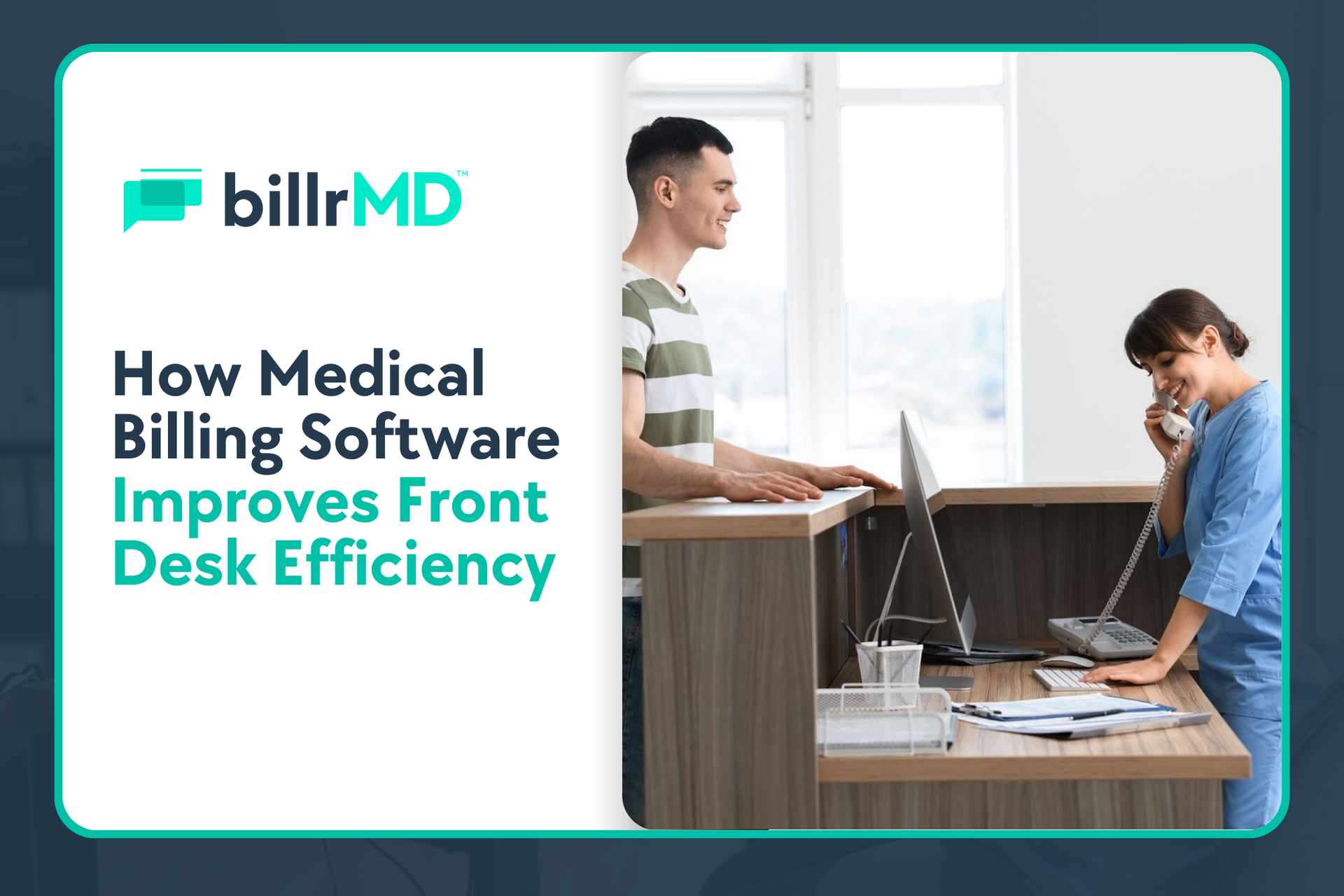Cybersecurity in Medical Billing: Protecting Patient Data
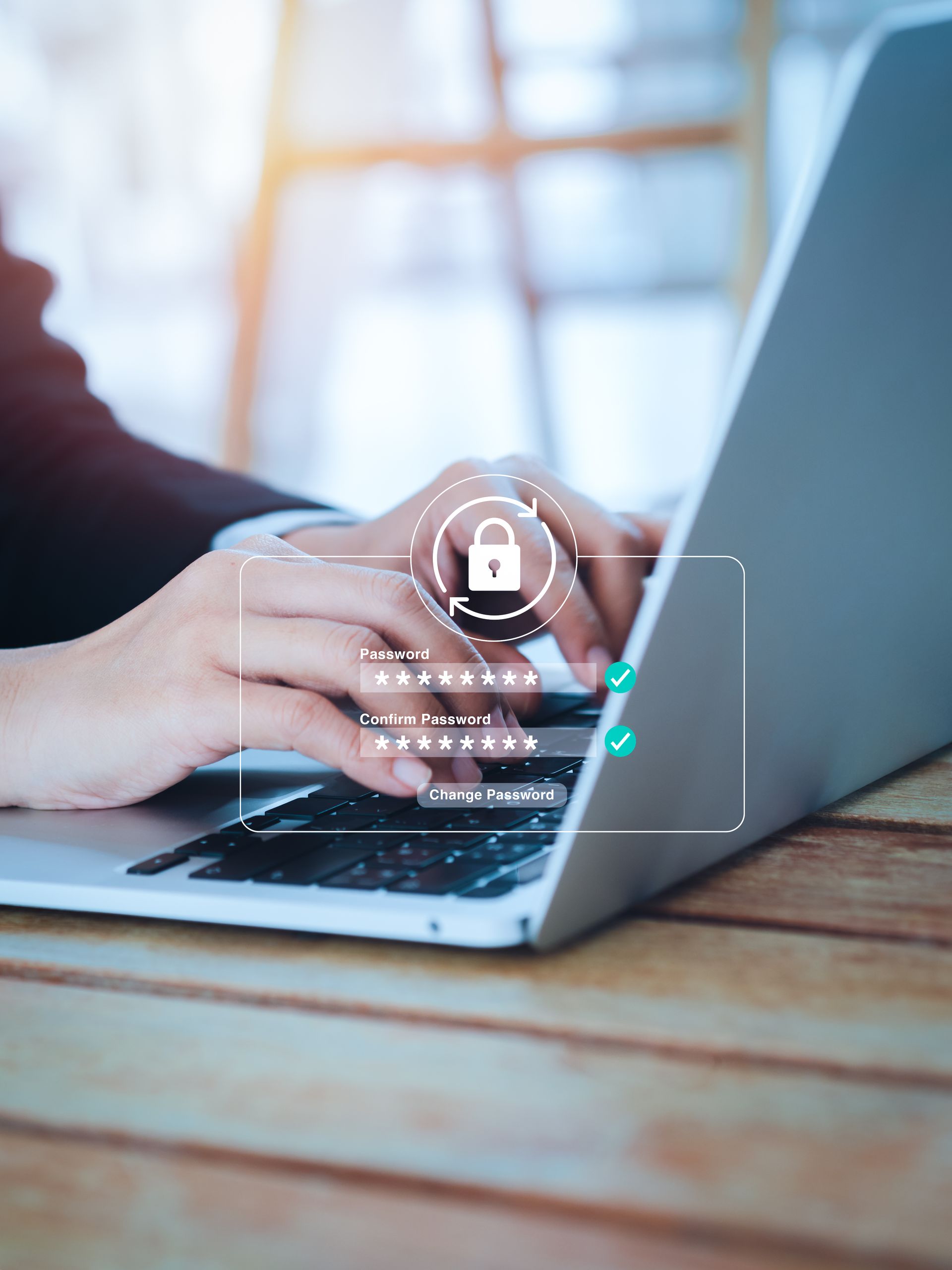
Trust in healthcare extends beyond quality care. It includes the responsibility to improve patient data protection without pause.
When your team uses unencrypted channels, mishandles patient data, or shirks platform updates, you start risking the trust you've worked hard to earn. Plus, your clinic may soon face compliance issues.
The way forward? Observe the best practices to secure healthcare billing systems and assess the following:
- Growing cyber threats affecting the healthcare industry
- Motivations behind boosting cybersecurity in medical billing
- Various safeguards designed for medical billing professionals
Then, lock it in with a detailed walkthrough of billrMD, a platform built with healthcare cybersecurity standards in mind.
Simplify Compliance
Why Strong Cybersecurity Is Non-Negotiable for Healthcare Billing
Your automated medical billing software manages far more than just patient statements. They store high-value data, including:
- Patient-identifiable information (PII)
- Protected health information (PHI)
- Financial credentials from credit cards, banks, and insurance
- Claims history
This gold mine of sensitive data makes such systems a prime target for cybercriminals, especially those selling patient details on the black market or seeking to exploit outdated legacy systems.
A Look at Real-World Breaches and What They Cost
- Change Healthcare in 2024: A ransomware attack exposed millions of records, disrupted nationwide billing, and led to a $22 million ransom payout.
- CommonSpirit Health in 2022: An attack led to weeks-long billing and care delays and reputational fallout.
- Anthem in 2015: Exposed nearly 80 million patient records, costing the company over $100 million in settlements.
Unauthorized access disrupts clinic operations and erodes patient trust. Weak healthcare cybersecurity can also hurt the practice's financial health with delayed reimbursements, claim rejections, and costly billing errors.
To ensure secure medical billing transactions, ask your potential vendors about industry-standard safeguards. Make sure your IT team checks for encrypted SSL connection, firewall protection, and regular backups.
Common Cyber Threats to Watch Out For
Cybersecurity in medical billing is complicated because even a small oversight can open the door to critical data breaches. Here are some of the most pressing threats every billing team must recognize and prevent:
Phishing Attacks
Successful phishing attempts use personalized emails with real names, clinical details, and prior billing activity. Because these messages appear legitimate, cybercriminals can trick billing staff into revealing login credentials or clicking on malicious links.
Ransomware Attacks
These attacks lock your entire system and demand payment to restore access. For unprepared clinics, this can mean total paralysis: no claim submissions, eligibility checks, and reimbursements for days or weeks.
Unfortunately, paying the ransom does not guarantee recovery. Many healthcare systems don’t get their data back and are forced to rebuild their systems (and patient trust) from scratch.
Insider Threats & Unauthorized Access
Whether intentional or accidental, employees with unchecked access can leak, misuse, or expose patient and financial data.
Healthcare data security experts point out that most insider breaches are due to human error rather than malice. Mistakes like sending patient data to the wrong doctor or clinic are more common than many assume.
How Cybersecurity Safeguards Patient Data
It may sound cliché, but even the best security tools fail without the right habits. Yes, modern cybersecurity measures aren’t just about strong passwords; they require a layered approach that combines technical expertise with a team culture that prioritizes compliance and awareness.
Consider these tips to protect medical billing data:
- Data encryption ensures that even if records are intercepted, they remain unreadable without the correct key.
- Firewalls block unauthorized traffic from ever reaching your system.
- Regular risk assessments, secure communication standards, and up-to-date privacy policies help practices stay HIPAA-compliant while actively minimizing data exposure.
- Role-based access control ensures that only approved staff can view or edit sensitive billing and patient records. With secure medical billing software like billrMD, you can also access user logs for sessions involving PHI.
Why Routine Audits Are More than Just Paperwork
From outdated software to unnecessary user access, cybersecurity audits help uncover blind spots (before attackers do). Work closely with your IT team to tailor the frequency and audit types based on the scope of medical billing your team handles, including:
- Access Control: Review user permissions and remove access for former employees or role changes.
- Software and Patch Audits: Check all billing software and systems for updates. Unpatched software is a common entry point for attackers.
- Endpoint Security Checks: Audit the security of workstations, laptops, and mobile devices used to access billing systems. Confirm that antivirus, encryption, and lockout features are enabled.
- Data Backup and Recovery Testing: Ensure routine backups and test if they can be successfully restored in case of an incident.
- Phishing Simulation: Run periodic phishing tests to see if staff fall for fake emails and use results to guide cybersecurity awareness training.
- Audit Trail: Monitor activity logs for signs of suspicious behavior or failed login attempts that could indicate a breach attempt.
- Vendor Risk Assessments:
Evaluate the cybersecurity practices of any billing or third-party payment vendors you share data with, especially for HIPAA compliance.
Building a Security-First Culture in Billing Departments
Training billing staff to spot phishing emails, use secure devices, and report suspicious activity helps prevent breaches caused by human error, one of the top causes of healthcare data loss. Collaborate with your software partner to assist your team in learning how to secure medical billing software from cyber threats.
Compliance and Regulatory Must-Knows
HIPAA protects patient-identifiable data during claims, payments, and communications. To avoid breaches, steep fines (HHS may soon lift penalty caps), and loss of patient trust, use encrypted systems, access controls, audit trails, and secure storage for all PHI.
How about state-level data privacy? States like California enforce stricter rules under laws like the Confidentiality of Medical Information Act. What this means is that data tied to abortion, contraception, mental health, and gender-affirming care may
require special handling. Ensure your billing system restricts data sharing according to category, patient consent, or jurisdiction.
What to Look for in Secure Medical Billing Software
When it comes to protecting patient data and ensuring compliance, your billing software needs to do more than just process claims. Here’s what secure platforms like billrMD bring to the table:
Multi-Factor Authentication
Protect your system from unwanted access. billrMD supports both MFA and single sign-on, so only verified users can access sensitive billing data and only when they need to.
Real-Time Monitoring & Alerts
Security threats can escalate fast. With billrMD, you get continuous system monitoring and real-time alerts that flag suspicious activity before it becomes a breach.
Regular Software Updates
Outdated systems are vulnerable systems. billrMD stays ahead of threats with automatic updates and security patches, so your practice is always protected with the latest safeguards.
Wrapping It Up: Secure Systems, Protected Patients

Clinics face more digital risks than ever. A modern practice management software system makes staying compliant easier than you think.
billrMD is built from the ground up with HIPAA-compliant, security-first billing in mind so you can operate with confidence. When you sign up, you're taking the first step toward:
- Enforcing multi-factor authentication and role-based access controls.
- Monitoring threats in real-time with automated alerts.
- Staying up to date with secure software updates and patches.
- Conducting regular audits and assessing vendor security.
- Meeting HIPAA and state-specific privacy regulations with ease.
Cybersecurity in medical billing is essential—take the first step today!

